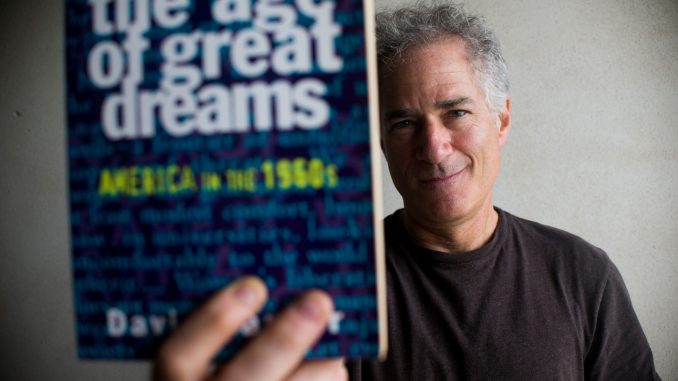
With the cost of tuition already increased as of this semester, purchasing books for class is just adding insult to injury in the opinion of many students. After satisfying each class material list, many students complain of empty wallets.
On occasion, professors will assign their own published textbook to students for the claimed purpose of linking the reading materials with lectures and in-class discussions.
“The information is linked closely with lectures with reason that the pairing of lectures and the book should reinforce the learning experience for students,” said Mary E. Myers, professor of the Science of Sustainable Design and associate professor of the College of Liberal Arts. She is a co-author of the book “Science of Sustainable Design.”
She said that when professors like herself assign textbooks that they’ve written, it isn’t in the interest of making a personal profit. Instead, she said that it is often the most beneficial option for students that a professor can identify in terms of class texts.
“Requiring the students to buy an environmental science text, architecture text, landscape architecture text and planning text would be much more expensive than consolidating the relevant information into a single text,” Myers said. “Students would have to buy several texts to cover the ecology, planning, architecture and landscape architecture, environmental ethics [and everything else] that are covered in this anthology.”
An issue that is a cause of complaint amongst students is that some required textbooks are sold at high costs, occasionally exceeding $100.
Leah Ference, a senior journalism major, said it’s bothersome to purchase textbooks assigned by professors, especially if the text is ancillary and doesn’t pertain to the main teachings of the class.
“I had a professor freshman year for my science gen ed and he made us buy his book,” Ference said. “[It] didn’t have anything to do with the main context of the class, and even though it was a small paperback, we were expected to read about a chapter of it a week, on top of the real physics textbook. He wouldn’t talk about his text in class but he would put it on the test.”
Although Jake Friedman, junior psychology and philosophy double major at Temple, agrees with Ference that purchasing a professor’s text can be bothersome, he said he also realizes that sometimes reading a professor’s text in a specialized class makes sense, especially when the textbooks are affordable.
Despite Friedman’s understanding that reading texts from the professors is helpful in specialized courses, he also believes professors should utilize the texts as secondary sources of topics aside from the professor’s teachings that are discussed in class.
“A professor should have enough time in the hours per week he or she has during teaching to convey his or her side of an argument,” Friedman said. “The readings should pertain or elaborate further on the topics and opinions discussed in class.”
Molly Peach, a 2010 graduate and criminal justice major, said she doesn’t complain about being assigned books written by her professors, unlike some of her peers.
“Despite the price, reading books by my professor helps me to follow the lessons,” Peach said. “Books also can further elaborate on the topics being discussed. It can be used as a reference for outside class.”
She said that she doesn’t mind the price, as long as the textbook is the most helpful to her in the course she is taking, explaining that “it made our lessons more understand[able]”.
Along with Peach, junior speech pathology major Chloe Bernardin is in support of buying textbooks penned by her instructors. She said that she feels having textbooks written by her professors make the lessons more accessible to follow outside of the classroom, especially if information was confusing or hard to clarify during class.
“If I’m having questions during a lecture but don’t have time after class to speak with the professor, it’s helpful,” Bernardin said. “[I like] to have the textbook as a reference to try and better understand the information.”
Even when those assigned textbooks are undesirably expensive, according to Myers, it’s not the authors who determine the price of the book, but rather the publishers.
“I hope the cost doesn’t negatively affect students,” Myers said. “The book is intended to be kept and used as a future resource or reference by students.”
With reading being an imperative factor in education, professors maintain that textbooks are not something to be viewed just as an expense, but also as a tool for gaining knowledge and furthering the learning experience.
History professor and scholar, David Farber, whose books on recent American history topics have been used in many college classrooms, believes that students benefit from the research work the professors do to comprise the publications.
“Temple is a research university,” Farber said. “Many of the faculty are major scholars in their fields. Students benefit from reading the work we do.”
One of Farber’s required reading assigning in his history class is his book entitled “Taken Hostage: The Iran Hostage Crisis and America’s First Encounter with Radical Islam.” It can be found in Kindle, paperback and hardcover forms online.
“Our teaching is quite often based on our scholarship,” Farber said. “I believe that students taking our courses should see how that published scholarship relates to the work we do in the classroom.”
Shayna Kleinberg can be reached at shayna.kleinberg@temple.edu.


Be the first to comment